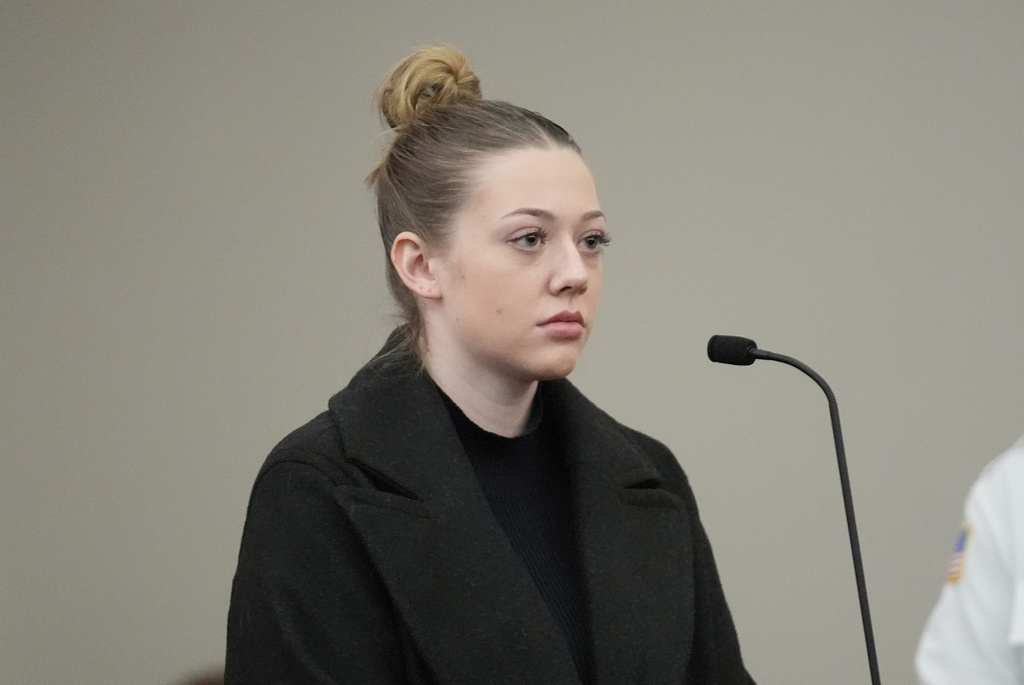At least eight states — California, Florida, Indiana, Louisiana, Minnesota, Ohio, South Carolina and Virginia — have enacted measures banning or restricting students’ use of cellphones in schools.
The policies range widely. Florida was the first state to crack down on phones in school, passing a 2023 law that requires all public schools to ban cellphone use during class time and block access to social media on district Wi-Fi.
A 2024 California law requires the state’s nearly 1,000 school districts to create their own cellphone policies by July 2026.
Several other states haven't banned phones, but have encouraged school districts to enact such restrictions or have provided funding to store phones during the day.
Sanders announced a pilot program last year providing grants to schools that adopt phone-free policies, and more than 100 school districts signed on. Sanders said she now wants to require all districts to ban cell phones during the school day, but the proposal will leave it to the districts on how to craft the policy.
“Teachers know (cellphones are) a huge distraction, but much bigger than that is that it is impacting the mental health of so many of our students,” Sanders told reporters on Thursday.
Other governors recently calling for bans include Kelly Ayotte of New Hampshire, who was sworn in this month, Iowa Gov. Kim Reynolds and Nebraska Gov. Jim Pillen. New York Gov. Kathy Hochul has suggested she'll seek a statewide policy, but has not offered specifics.
The cellphone bans have faced opposition from some parents who say they need to be able to contact their children directly in case of emergency.
Some parents have pointed to recent school shootings where having access to cellphones was the only way some students were able to communicate with loved ones for what they thought might be the last time.
But supporters of the bans have noted that students' phones could pose additional dangers during an emergency by distracting students or by revealing their location during an active shooter situation.
Parents opposed to the ban have also said they want their children to have access to their phones for other needs, such as coordinating transportation.
Keri Rodrigues, president of the National Parents Union, said she agrees about the dangers of social media on children but that the bans sought by states are taking too broad of an approach. Banning the devices during the school day is not going to solve underlying issues like bullying or the dangers of social media, she said.







